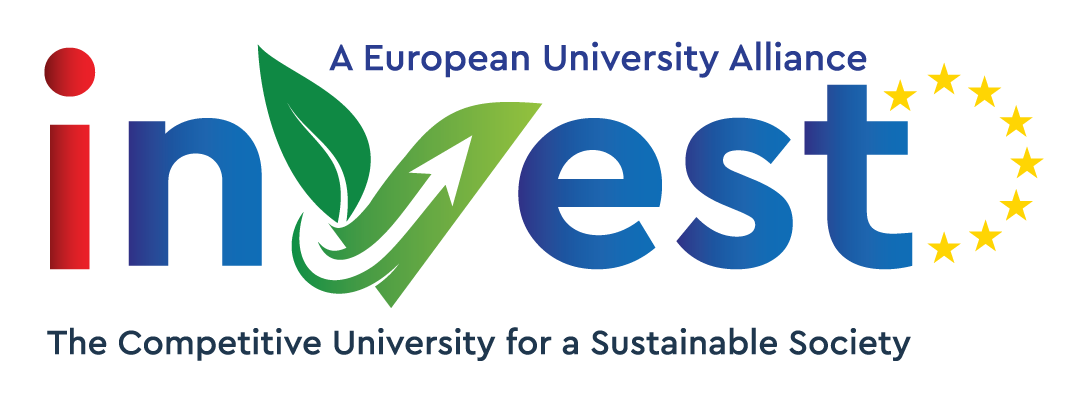PHD POSITION FOR EDUCATION - DIGITAL SYSTEMS DEPARTMENT UTH
PhD position for Education - Digital Systems Department UTH
The number of learning opportunities available to learners has greatly increased in recent decades. Educational institutions traditionally focusing on initial education have made a shift to support programs in diverse settings, the training market has expanded and more and more courses have become available through the Internet. Especially when learners seek to develop skills or gain knowledge in a specific field or when they are faced with numerous ways to learn something, they need help to choose a suitable way to reach their learning goals.
The following example will illustrate the problem:
- A person who is interested in Computer Networks and who would like to develop his/her competencies in this direction might have a look to see what courses are available, for instance through a search on the Internet. The search entry ‘Computer networks’ in Google presently results in over 50 million hits, referring to all kinds of Computer Networks courses, at varying levels, some accredited others not, with different price tags attached, with varying study loads, etc.
This clearly represents a case of information overload. These large volumes of learning-related data can be analyzed for a course or faculty degree planning, as well as for better administration at the university strategic level. However, managing such an amount of data from multiple heterogeneous sources and with attributes sometimes revealing semantic inconsistencies, constitutes an emerging challenge, so they require common definition and integration schemes to easily fuse and analyze them. With this motivation, the present Ph.D. will propose a framework to work as a data harmonization approach of different learning-related data to efficiently feed predictive models and visualizations.
As part of the Ph.D., the student will also examine the incorporation of micro-credentials and the competency-based learning model into the concept of “European Universities” in a formal and interoperable way: i.e. a way that specifies their constituent parts and characteristics in a language that is amenable to computer processing and intelligible across systems. This Ph.D. position is fully funded by the project INVEST4EXCELLENCE.
Application Process and requirements
- A curriculum vitae;
- Transcript of records (marks);
- A research letter discussing a personal vision of the position, with references proposed in the call.
- Applicants should submit a 1000-word research proposal demonstrating knowledge of existing work in the field, and potential contributions to knowledge. It should also explain the proposed research methods including a tentative plan and timeline of the research.
- At least, two recommendation letters and a list of references to contact.
